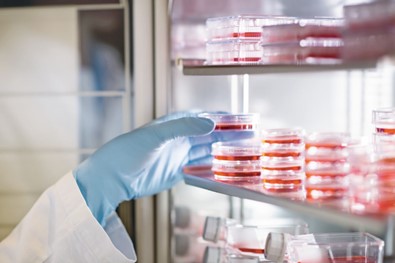Cell culture experiments have been performed since 1880. Today, they are indispensable, from basic research to biopharmaceutical applications. Over time cell culture conditions and techniques have improved substantially. Nonetheless, it is estimated that 50% of the experiments done using cell cultures cannot be reproduced (Freedman et al, 2015). Being able to reproduce the results of your peers is a fundamental demand, but it has become a major issue in life science and especially frequent in cell culture research.
In this webinar we will address the most common everyday cell culture practices that lead to cell culture reproducibility issues and show how to reduce or prevent them to get the best results possible, from proper cell seeding and the influence of the incubation environment, to how to improve the reproducibility of experiments by continuous cell quality evaluation and the right passage.
Join us to learn about the measures you can take to improve the reproducibility of your experiments by incorporating good cell culture practice into your daily routine.
Key Learning Objectives
- How to optimize your cell seeding.
- How to minimize negative influences on your cells during incubation.
- Improve the reproducibility of experiments by continuous cell quality evaluation and passaging.


